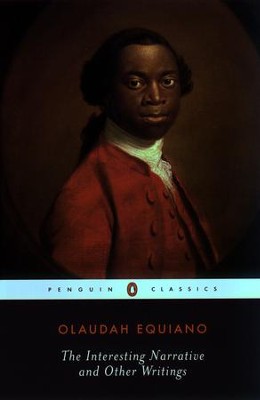
From those trades, Equiano saved forty pounds sterling money-the same amount King paid for him-and used it to buy his freedom in 1766. One of his masters named him Gustavus Vassa, and he used that name throughout his life but chose to publish his autobiography under his African name.Įquiano was later purchased by Robert King, a “charitable and humane” Quaker merchant, who let him buy and sell goods and fruits. When he was around eleven years old, he was captured and sold into slavery. His autobiography covers the entirety of his life, starting with his boyhood in Eboe-in what is now Nigeria. “People generally think those memoirs only worthy to be read or remembered which abound in great or striking events those in short, which in a high degree excite either admiration or pity: all others they consign to contempt and oblivion.”Īt the time, the author did not see the value of his own writing.Įquiano was enslaved in the 18th century. Then, he goes on to issue a kind of apology for being exceedingly average. In fact, he opens his memoir by saying that writing about yourself can be seen as a self-indulgent, vain act-deemed unbelievable, at best, or disgusting, at worst. Equiano wasn’t convinced that his life story was all that interesting.



Olaudah Equiano had some of these same thoughts as he sat down to write his memoir, which was somewhat ironically titled The Interesting Narrative of the Life of Olaudah Equiano, or Gustavus Vassa, the African.


 0 kommentar(er)
0 kommentar(er)
